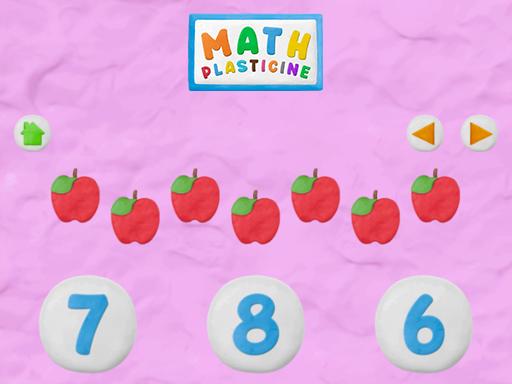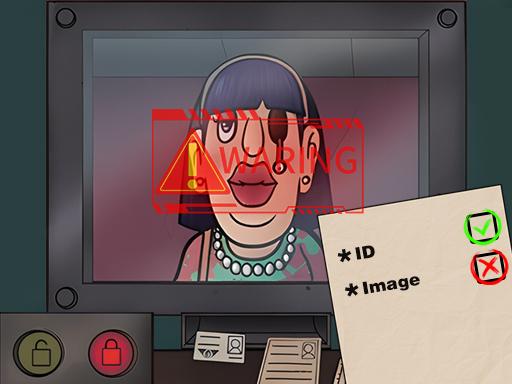
That’s Not My Neighbor

Idle Factory Domination

Trader Rush

Jumping Together
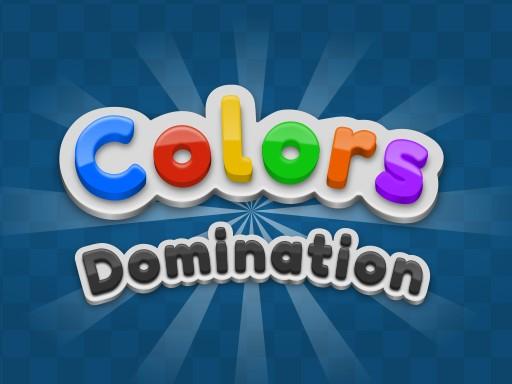
Colors domination

Toy Cars: 3D Racing

Space Strike: Galaxy Shooter

Star Beacons

Hacker Rush

The Zombie Dude

Coin Smash
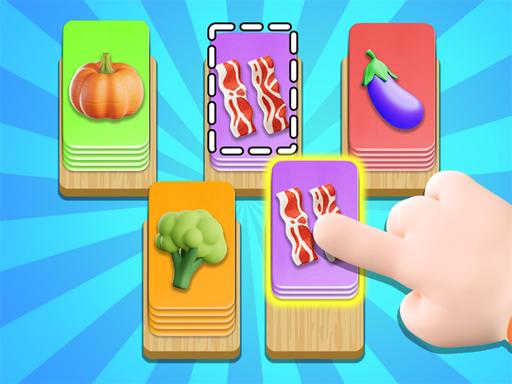
Food Card Sort

TicToc Braided Hairstyles

Bridge Builder

Fast Furious Skyline

Phone Case Diy 5

Bridge of Doom
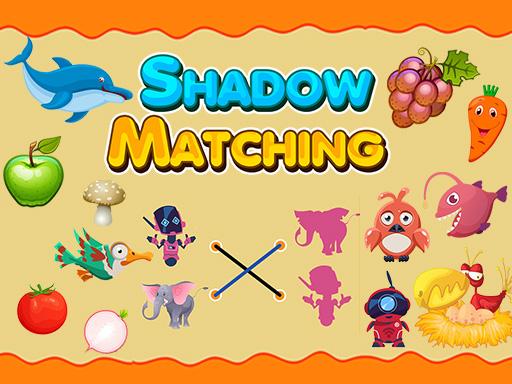
Shadow Matching Kids Learning Game
Introduction to Funny Math: Making Math Enjoyable
Mathematics is often perceived as a challenging and sometimes intimidating subject, but it doesn’t have to be! Funny Math is a playful approach to learning and solving mathematical problems in a way that makes the process more enjoyable, accessible, and even humorous. Whether you’re a student trying to improve your math skills or someone who just enjoys solving puzzles, Funny Math brings a lighter, more creative touch to the world of numbers and equations.
This article will explore the concept of Funny Math, how it can make learning more enjoyable, and how humor and creativity can enhance your understanding of mathematics.
What is Funny Math?
Funny Math refers to the use of humor, games, and quirky problems to make the study of math more engaging. It involves solving math problems in unexpected or amusing ways, such as through jokes, math puns, clever wordplay, or visual humor that helps people grasp mathematical concepts while having fun. Rather than focusing purely on formulas and numbers, Funny Math encourages creative thinking, making math feel less like a chore and more like a fun puzzle to solve.
Examples of Funny Math include:
- Math Jokes: Simple math jokes that make people laugh while teaching basic principles.
- Riddles and Puzzles: Math problems disguised as riddles or challenges, encouraging people to think outside the box.
- Visual Math: Use of humorous drawings, cartoons, or diagrams that help explain math problems in a playful manner.
- Math Wordplay: Puns or word games based on math terms, like “Why was the equal sign so humble? Because it knew it wasn’t less than or greater than anyone else!”
How Funny Math Makes Learning Fun
Mathematics is a subject that involves patterns, logic, and problem-solving, but it often lacks the excitement and energy found in other subjects. This is where Funny Math comes in, helping break the monotony by introducing humor into the learning process. Here’s how humor can improve math learning:
1. Reduces Anxiety
Many people feel anxious or stressed about math, especially when faced with complex equations or abstract concepts. Humor can help break down that anxiety by making the subject feel more approachable and less intimidating. Funny math problems or jokes lighten the mood, making learners feel more comfortable and less fearful of making mistakes.
2. Enhances Memory Retention
Humor has been shown to improve memory retention by creating associations between concepts and funny ideas. For example, if a student laughs while learning a formula or solving a problem, they are more likely to remember that concept because it is linked to a positive emotional response.
3. Encourages Creative Problem-Solving
Funny Math often involves thinking in new and unconventional ways. Humor encourages people to look at problems from different angles, helping to enhance creative thinking and problem-solving skills. Instead of seeing math as a rigid subject with one right answer, students begin to appreciate the creativity behind mathematical solutions.
4. Motivates Students
Math can sometimes feel repetitive or tedious, especially when tackling difficult problems. Funny Math injects excitement into the learning process by using humor to engage students. A funny riddle or a math pun can spark interest and motivate students to continue learning, even when the problems get harder.
5. Builds a Positive Attitude Toward Math
By associating math with fun and humor, students begin to see it as an enjoyable challenge rather than a burdensome task. This positive attitude can lead to better engagement, higher performance, and a greater willingness to tackle new mathematical challenges.
Examples of Funny Math to Try
Here are a few fun and funny math problems that combine humor and logic:
1. Math Jokes
- Why was the math book sad? Because it had too many problems!
- Parallel lines have so much in common. It’s a shame they’ll never meet!
- Why did the two fours skip lunch? Because they already eight!
2. Math Riddles
- I am an odd number. Take away one letter, and I become even. What number am I?
- Answer: Seven (take away the “s,” and you’re left with “even”).
- I’m always in front of you, but can never be seen. What am I?
- Answer: The future.
3. Math Wordplay
- What’s the official animal of Mortal Brothers? The square root. (This plays on the idea that squaring a number and taking its root are opposite operations).
- “I used to be good at math, but then I realized it’s all just a sine of the times.”
4. Visual Math Fun
Imagine a cartoon of a pizza cut into 8 slices, with a note saying: “This pizza’s angle is 45 degrees because it’s so delicious, you can’t stop eating it!”
You could also draw a picture of a triangle with a big smile, saying, “I’m so acute, I’ve got the best angles in town!”—a playful pun on the term acute triangle.
5. Math Challenges
- If a chicken lays an egg every day for a month, how many eggs does the chicken lay in 3 months?
- Answer: 90 eggs! (This one is simple but plays with the idea of time and multiplication).
The Importance of Humor in Education
Incorporating humor into education, including subjects like math, can enhance both teaching and learning. When humor is used effectively, it can create a more relaxed and open atmosphere, encourage engagement, and foster a positive learning environment. For math, which is sometimes seen as a challenging subject, humor can act as a bridge between frustration and understanding.
Benefits of Humor in Learning:
- Increased engagement: Humor makes students more interested in learning by breaking the monotony of traditional teaching.
- Promotes positive emotions: Laughing while learning leads to more positive emotions, making the overall experience more enjoyable.
- Fosters a sense of community: Sharing a funny math joke or participating in a math game encourages a sense of camaraderie among students.
Conclusion: Enjoying Math with a Smile
Funny Math is a wonderful way to transform the way we approach math. By using humor, puzzles, and quirky problems, math becomes more than just a series of numbers and equations. It turns into an exciting challenge that can bring a smile to your face and a sense of accomplishment when solved. Whether you’re telling jokes, solving math riddles, or creating visual humor, Funny Math shows that learning doesn’t always have to be serious. Next time you tackle a math problem, remember to add a little humor—it might just make the process a lot more enjoyable!
Instructions
mouse/touchscreen
Similar Games

Force Master 3D

Super Kid Adventure

Block Team Deathmatch

Jumping Together

Food Card Sort

Bridge of Doom

Colors domination
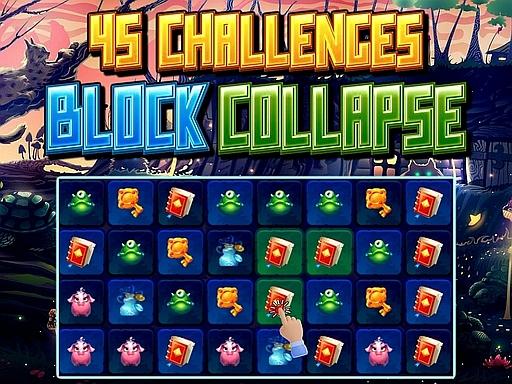
45 Challenges Block Collapse

Fast Furious Skyline

Bridge Builder

Star Beacons

Coin Smash

Canoniac Launcher Xmas

Toy Cars: 3D Racing

Space Strike: Galaxy Shooter

That’s Not My Neighbor
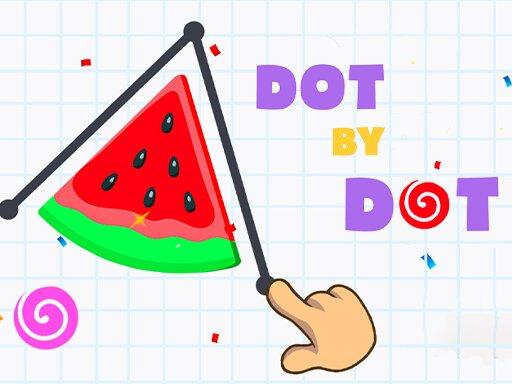
Dot by Dot


